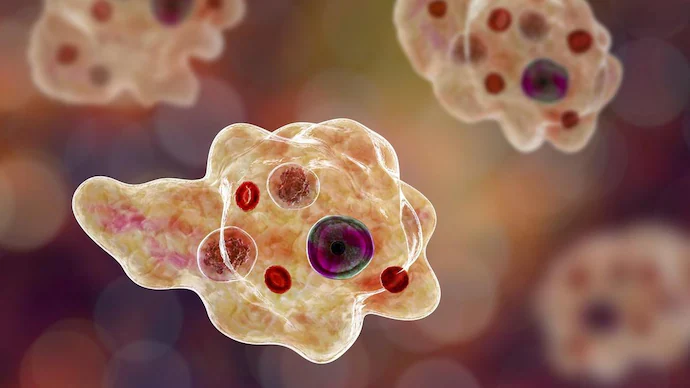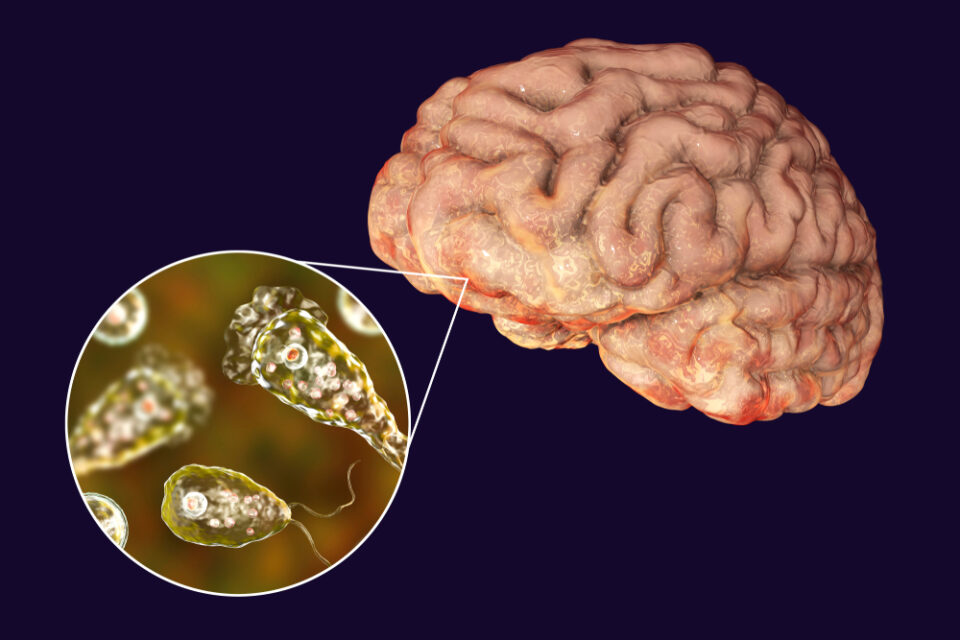According to a Korean Times report released on Monday, a South Korean man who had just returned from Thailand passed away as a result of an infection brought on by Naegleria fowleri, a ‘brain-eating’ amoeba typically found in warm freshwater bodies.
According to the report’s citation of the Korea Disease Control and Prevention Agency (KDCA), the man, who is in his 50s, spent four months in Thailand before arriving in Korea on December 10.
On the evening of his arrival, the guy started displaying meningitis symptoms, including headaches, fever, vomiting, slurred speech, and stiffness in the neck. He passed away 11 days later. A post-mortem examination revealed the cause of death.
Also Read: Mother Diary hikes milk price in Delhi-NCR by ₹2 per litre
The Korean Times said that the KDCA had not yet disclosed the specifics of the transmission and that this is the first confirmed instance of a Naegleria fowleri infection in the nation. According to the US Centers for Disease Control and Prevention, Naegleria fowleri is an amoeba (a single-celled living organism) that can lead to infections in the brain.
In addition to warm freshwater sources like lakes, rivers, and hot springs, it can also be found in soil. Primary Amoebic Meningoencephalitis (PAM), the illness brought on by this naegleria fowleri, is generally regarded as lethal; from 1962 to 2021, just four of 154 people infected with the infection in the United States survived.

As it spreads quickly, the illness, known as “primary amoebic meningoencephalitis,” is difficult to identify in the early stages and is typically only identified after the patient has passed away.
There are two groups of symptoms for the illness. In addition to stiff necks, seizures, altered mental status, and hallucinations in the second stage, patients may also experience severe frontal headaches, fever, nausea, and vomiting in the first stage. In extreme circumstances, the patient may potentially lapse into a coma.
The CDC reports that there is currently no proof that the Naegleria fowleri infection can be transmitted from person to person. Additionally, it cannot spread through aerosol or water vapor droplets.
Also Read: Sensex surpasses 60,000, Nifty reclaims 18,000 mark today
Although there is presently no vaccine available, patients who survived the illness were given medicine combinations such amphotericin B, azithromycin, fluconazole, rifampin, miltefosine, and dexamethasone to treat the sickness.

